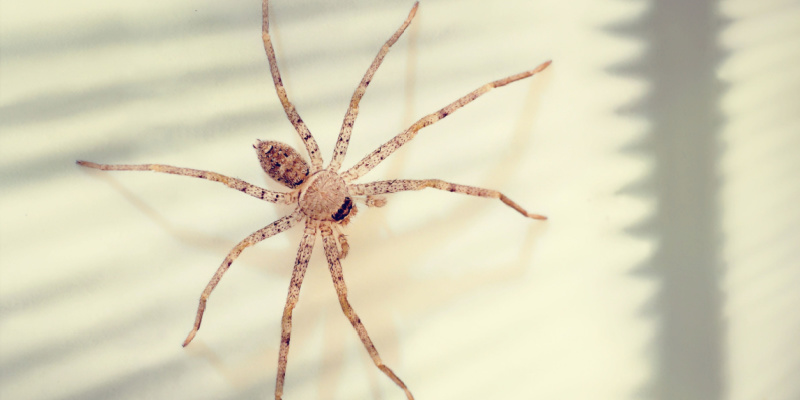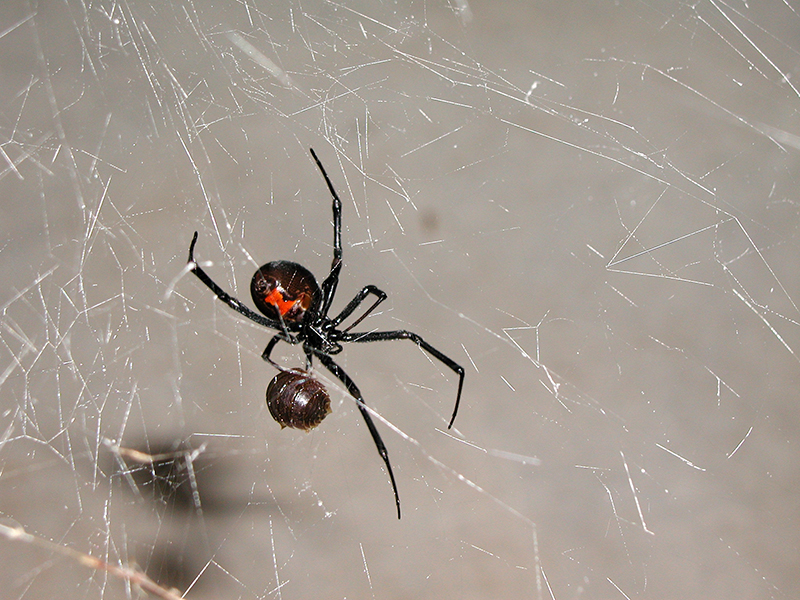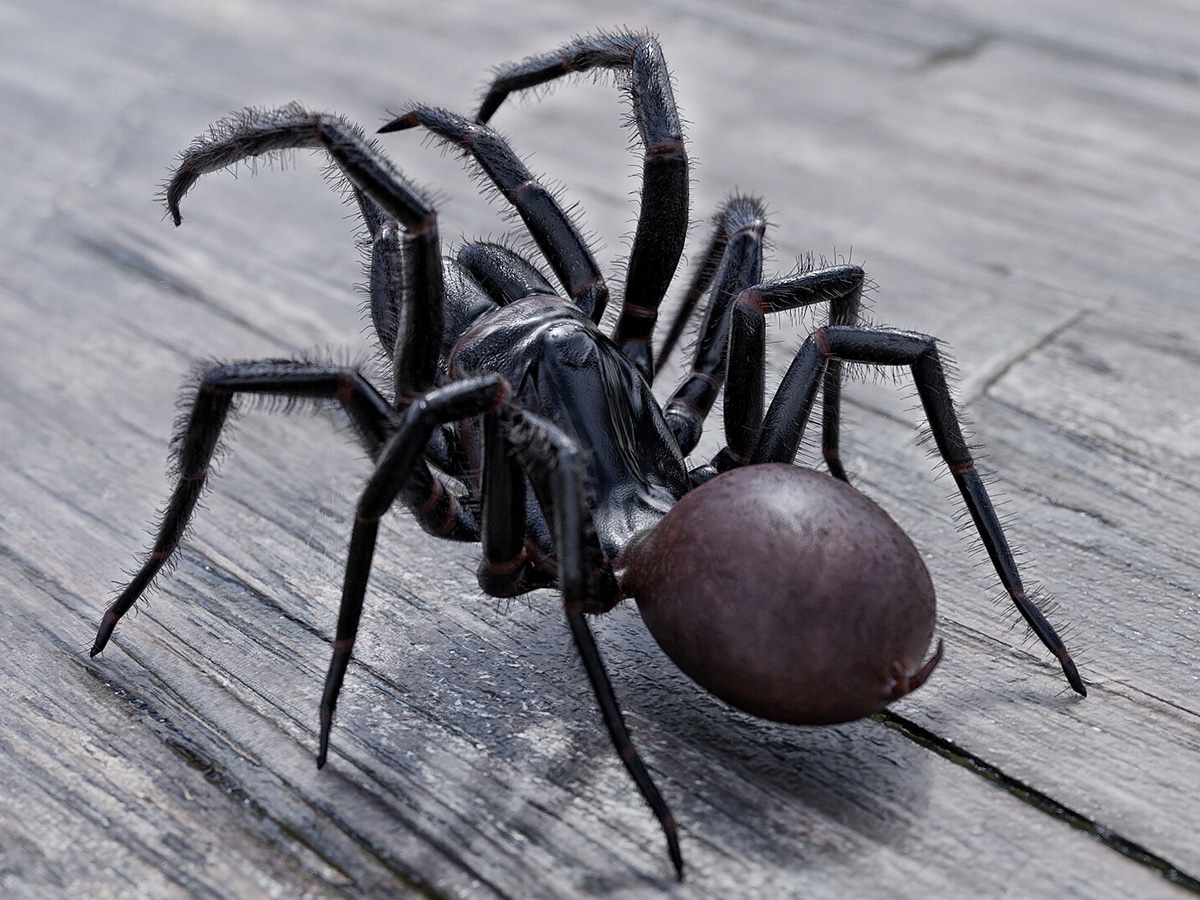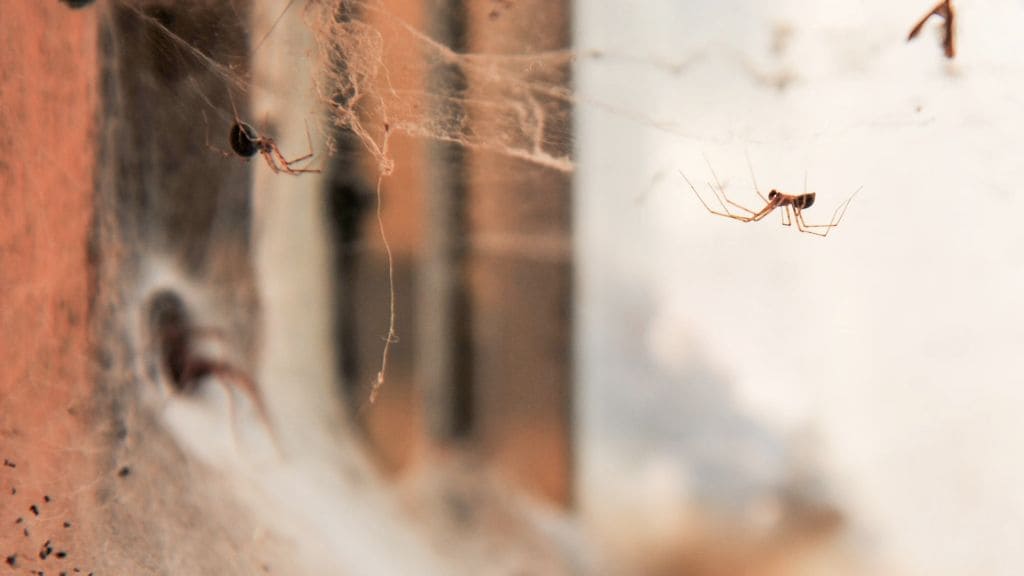Navigating the presence of spiders in your home can be a surprising and sometimes unsettling experience. These eight-legged creatures often provoke mixed reactions, from fear to curiosity, prompting questions about the best course of action. As someone deeply engaged in spider research and understanding their role in ecosystems, I’ve explored effective strategies that balance humane treatment with practical pest management. This article aims to provide insights into understanding spider behavior, debunking common myths, and offering practical advice on creating a spider-friendly environment within your home.
Spiders are more than just household pests; they play a crucial role in controlling other insect populations. Despite their beneficial role, encountering a spider indoors can be a source of discomfort for many. It’s essential to approach these encounters with knowledge and respect, considering both the safety of your household and the ecological benefits spiders provide. By understanding their behavior and the options available for managing their presence, you can make informed decisions that align with both personal comfort and environmental stewardship.
Debunking myths surrounding spider removal is an important aspect of this discussion. Misconceptions often lead to unnecessary fear and, in some cases, harm to these beneficial creatures. Addressing these myths not only helps alleviate unnecessary anxiety but also promotes a more compassionate approach to coexisting with spiders. Through practical tips and ethical considerations, this article aims to empower readers to handle spider encounters confidently and responsibly.
Understanding Spider Behavior and Reactions
When encountering a spider, reactions vary widely—from curiosity to alarm. Understanding spider behavior is crucial for safe and respectful interactions.
Observation and Assessment
- Remain Calm: Sudden movements may startle the spider or lead to defensive reactions.
- Identification: Determine if the spider poses any threat. Most household spiders are harmless and beneficial.
Safe Handling Methods
While spiders play crucial roles in pest control, sometimes their presence indoors requires gentle management.
Option 1: Gentle Relocation
- Tools Needed: Glass and stiff paper.
- Technique: Carefully trap the spider under the glass and slide the paper underneath to safely transport it outdoors.
- Advantages: Allows the spider to continue its natural role without harm.
Option 2: Controlled Capture
- Procedure: Use a small container and lid to capture and release the spider outside.
- Precautions: Handle the container gently to avoid harming the spider.
Debunking Myths: The Ethical Debate on Spider Removal

Debunking myths surrounding spider removal involves addressing common misconceptions that influence how we perceive and interact with these arachnids. One prevalent myth is the belief that all spiders pose a significant threat to humans. In reality, the vast majority of spiders found indoors are harmless and actually beneficial as they prey on other pests like mosquitoes, flies, and even harmful insects like cockroaches. Their presence often indicates a healthy ecosystem within your home, contributing to natural pest control without any negative impact on human health.
Another misconception is the assumption that spiders should be eliminated simply because they evoke fear or discomfort. While it’s natural to feel uneasy about spiders, especially larger species, it’s important to recognize that their removal isn’t always necessary or beneficial. In many cases, spiders can be safely relocated outdoors using humane methods, allowing them to continue their ecological role without harm.
Ethically, the debate over spider removal hinges on our understanding of their ecological importance and the potential consequences of their elimination. By indiscriminately killing spiders or using chemical pesticides to eradicate them, we disrupt natural predator-prey dynamics and may inadvertently harm beneficial species that contribute to a balanced ecosystem.
Moreover, the notion that spiders are aggressive toward humans is largely unfounded. Most spiders are timid creatures that prefer to avoid human interaction altogether. Instances where bites occur are typically defensive reactions when a spider feels threatened or cornered, rather than acts of aggression. Understanding this behavior helps dispel fears and encourages more compassionate approaches to spider management.
Preventative Measures: Creating a Spider-Friendly Environment

Creating a spider-friendly environment involves proactive measures to discourage spiders from entering living spaces while respecting their ecological role. One of the fundamental strategies is to maintain cleanliness and minimize clutter within the home. Spiders are attracted to dark, undisturbed areas where they can build webs and hunt for prey. By regularly cleaning and organizing storage areas, attics, and basements, homeowners can reduce hiding spots and potential habitats for spiders.
Sealing entry points is another crucial step in spider prevention. Inspecting and sealing gaps around doors, windows, utility penetrations, and vents prevents spiders from infiltrating the home. Using weather stripping, caulking, or mesh screens effectively blocks access points without the need for harmful chemicals or pesticides.
Natural deterrents offer environmentally friendly alternatives to chemical treatments. Essential oils like peppermint, lavender, or tea tree oil are known for their repelling properties against spiders. Diluting these oils with water and spraying them around entry points, windowsills, and other vulnerable areas can deter spiders without posing risks to human health or the environment.
Encouraging natural predators of spiders can also contribute to a balanced ecosystem. Creatures such as house geckos, birds, and certain species of insects feed on spiders and their prey, naturally regulating their population. Providing habitats and food sources for these predators, such as bird feeders or insect-attracting plants, can help maintain a natural balance and reduce the need for chemical interventions.
Regular maintenance and monitoring are essential components of creating a spider-friendly environment. Periodically inspecting and removing spider webs, particularly in corners, ceiling junctions, and behind furniture, prevents the accumulation of webs and reduces spider populations. Vacuuming or sweeping these areas with a broom can effectively remove spiders and their egg sacs without causing harm.
FAQs About Spiders and Spider Management

What are the most common types of spiders found indoors?
Common indoor spiders include cellar spiders (daddy longlegs), house spiders (Tegenaria domestica), and cobweb spiders (Theridiidae family). These spiders are typically harmless to humans and often beneficial by controlling other pests.
Are all spiders dangerous?
No, the majority of spiders found indoors are not dangerous to humans. Most species are either harmless or have venom that is not harmful to humans. Only a few species, such as the black widow or brown recluse, have venom that can cause significant health issues.
How can I safely remove a spider from my home?
You can safely remove a spider using a glass and paper method: gently trap the spider under the glass and then slide a piece of paper underneath to lift and transport it outside. Alternatively, use a vacuum cleaner with a hose attachment to capture the spider without direct contact.
Should I kill spiders I find indoors?
Killing spiders is not always necessary or recommended. Spiders play a crucial role in controlling insect populations and are generally beneficial. If possible, consider relocating them outdoors using humane methods.
How can I prevent spiders from entering my home?
To prevent spiders from entering your home, seal entry points such as cracks, gaps around doors and windows, and utility penetrations. Keep your home clean and clutter-free to reduce hiding spots for spiders. Use natural deterrents like essential oils or encourage natural predators like house geckos and birds.
What should I do if I find a spider bite?
Most spider bites are harmless and may cause minor irritation. Clean the bite area with soap and water and apply a cold compress to reduce swelling. Seek medical attention if you experience severe symptoms or suspect a bite from a venomous spider.
Conclusion
Understanding and respecting spiders is essential for harmonious coexistence. By adopting informed handling practices and proactive prevention methods, we can appreciate the vital role spiders play in maintaining ecological balance while ensuring comfort and safety within our homes.

